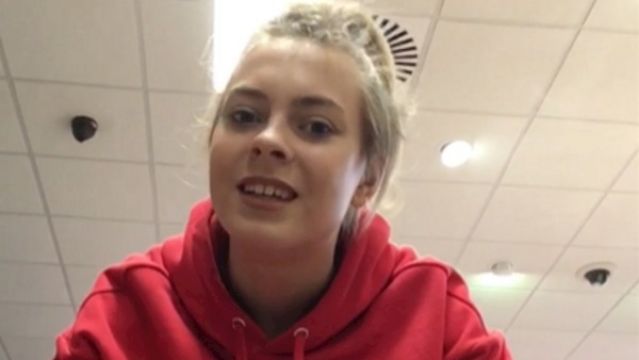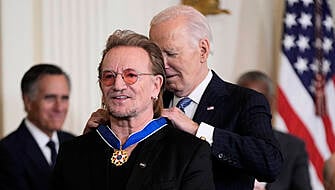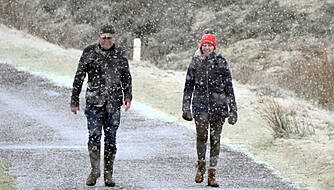Three people accused of breaching publication restrictions during the trial of the murder of teenager Ana Kriegel have lost a Supreme Court appeal.
They had brought a case to the Supreme Court over a decision that they should be tried before a jury rather than in the District Court where potential penalties are less severe.
The three were among 10 charged with breaches under the Children Act 2001 which provided that no one could legally identify the two boys who were convicted of the girl’s murder.
Edel Doherty (48) of Rory O’Connor House, Hardwicke Street, Dublin, is charged with posting photos on Facebook of the two, known as Boys A and B.
Kyle Rooney (26) of Rathfield Park, Raheny, Dublin, was charged with the posting of photos of the two boys on Twitter.
Declan Corcoran (30) of Williams Place Lower, Dublin, was accused of both naming the boys on Twitter and of posting images of them.
14-year-old Ana Kriegel was murdered at a disused farmhouse in Lucan, Co Dublin, in May 2018, by the boys when they were both 13 years old.
When they first appeared in court on the charges, Ms Doherty, Mr Rooney and Mr Corcoran, were told by the judge the cases against them could be dealt with in the District Court.
However, when the case returned before the District Court, another judge decided the offences were too serious and they should be sent for trial before a judge and jury in the Circuit Court where penalties are more severe.
As a result, the three brought a High Court challenge over the second judge’s decision.
In July 2022, the High Court ruled the decision was incorrect and the matter should be sent back to the District Court for reconsideration.
The DPP appealed that decision and a year ago the Court of Appeal reversed it.
The three then asked the Supreme Court to hear a further appeal on grounds that the decision involved a matter of general public importance or that the interests of justice necessitate such a further appeal.
They argued, among other things, that trial in the Circuit Court before a jury will remove certain statutory entitlements they can have in the District Court including their cases being dealt with under the Probation Act without proceeding to conviction.
It was also claimed that where a judge in the District Court chooses to refuse jurisdiction that reasons are required.
The DPP opposed a further appeal saying the law is clear and there was no deprivation of rights.
On Thursday, a five-judge Supreme Court unanimously dismissed their appeal.
Giving the court's judgment, Mr Justice Peter Charleton said if a District Court judge has made a decision in a case, that is noted on the order that is put before another judge who comes to hear the case.
While it is not necessary for the second judge to embark on a task already undertaken, in a case such as this one, it was sensible for the second judge “to consider if that capturing of court resources is for the benefit of the administration of justice.
"Then, it is prudent, but not imperative or always desirable, to adopt caution and to ask if the allocation of time will in fact be a waste of time", he said.
The three accused had asserted in this case that the second District Court judge had no function once the first judge had decided to accept jurisdiction. However, the second judge was dealing with case management and this "gave him (second judge) the authority to consider if this series of several cases were indeed minor in nature", he said.
The second judge was entitled to conclude the offences in question were not minor in character for the purposes of the constitutional provision (Article 38.2) in relation to the trial of minor offences, he said.
"He had the jurisdiction so to conclude because he had been called upon to make a decision as to how long each of these case would take and what amount of time on what dates might be assigned to each case".
It was accordingly necessary for him to make such a determination at that point which he did, he said.
It had not been otherwise suggested, that is apart from the fact that the first judge had apparently taken a different view, that he was not entitled to conclude that the offences were not minor, he said.
The second judge was entitled to decline jurisdiction in these three cases, he said.







